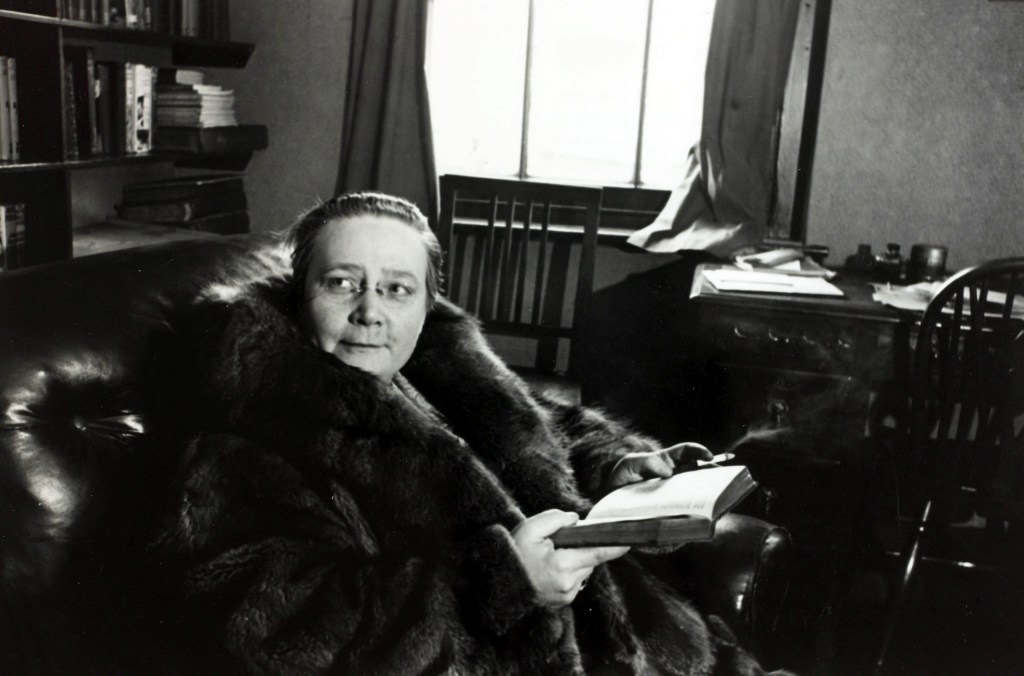It’s Valentine’s Day, which means those coupled may rejoice in all things romance, and people lonely and on their own can at least take comfort in the statistical probability those relationships are unlikely to last.
No — don’t do that. That’s wrong. Romance all around! And if you don’t have it presently, may you have it soon. But there’s a different kind of romance perfect for Valentine’s Day, regardless of the camp you’re in. It’s a romance that takes a hold of you, super-charges your entire being with passion. It just happens to involve a passion for murder, in one regard, and a passion for solutions, in a larger one, and who couldn’t do with solutions?
Ever since I could read, I’ve devoured mystery novels of the Golden Age of the 1920s and 1930s. One doesn’t just read classic mysteries; you fall for them — hard.
They envelop you in that unique desire of needing to know what comes next, of bargaining with yourself to stay up in bed and keep reading for just another five minutes, which soon become two hours.
Romance is about discovery. One explores all there is to another human being. In the process, one also learns about one’s self.
So it goes with mystery novels and the art of deduction. One of my favorite case-solvers is Lord Peter Wimsey, the brainchild of Dorothy L. Sayers. It was 100 years ago that the gentleman detective debuted with the novel “Whose Body?” which strikes me as a Valentine’s-appropriate title. If you’re asking, you’re probably in the wrong place, but one never errs in opting for an evening with Sayers’ greatest creation.

Wimsey is witty, stuffed to his urbane gills with élan. He dashes — but mentally. His own advent had something to do with Sayers’ sense of romance. As a struggling writer, low on funds, she couldn’t really travel anywhere in the experiential sense.
Each day was much like the last. We call this the grind. The grind isn’t necessarily bad — there’s a grind to romantic love itself. It’s not all hugs and kisses and new-felt emotions, sunsets on beaches and glasses clinking with promises and hopes for the future. One makes things work. Sacrifices.
The grind is enlivened by wonder and whimsy, those departures from a pattern. We need to be reminded we can still be surprised by someone else and, in turn, ourselves — our own hearts.
Sayers invented Wimsey out of this sense of romance. She wanted to go places, be with someone, travel with that person and have him bring fresh life to her staid one. Wimsey didn’t disappoint.

My mother also loved mysteries, but she was more of an Agatha Christie person. I wouldn’t turn down “Murder on the Orient Express” or “The Murder of Roger Ackroyd,” but Christie’s novels deal in the outside world in a way the Wimsey books don’t. They lean heavily on blood-stained floors and packets of poison, whereas the Wimsey stories have this becalming interiority. They are thought-driven. We go inside someone else’s mind.
Romance is challenging in the sense that it requires vulnerability. Vulnerability requires courage. There’s not exactly a surplus of courage in our world at present. We prefer pretending, posturing and projecting. Opening up? Hmm — that’s tricky business. Increasingly, we’re actors in the plays of our own lives, not masters of candor.
Wimsey himself loves hard. He loves when he can. He’s open to the world. When there’s no romance, there’s still so much to love. He has his passion for incunabula, the earliest printed books. Bach fires his heart. So does Dickens.
As a boy, his best friend was an old, foul-smelling poacher who lived at the edge of his family’s estate, to his dad’s horror. Wimsey didn’t care; the man enchanted him with tales and his freedom in being himself.
We need not be with someone to be a romantic and to practice the ways of romance. Those ways add value to our lives, and they keep us sharp for when and if we do meet that person we hope has been similarly evolving. Then we’re talking lumens galore on the blazing light front of imperishable love.
But try doing what I’m apt to do this Valentine’s night. Curl up with Wimsey. You can start anywhere but might as well go back to that first novel 100 years ago. You’re going to get hooked, and my prediction is you’ll find yourself with a relationship for life. It’s an impassioned, sustained kiss on the readerly soul. One you’re apt to deduce is its own variant of Valentine’s Day perfection.
Colin Fleming is author of “Sam Cooke: Live at the Harlem Square Club, 1963.”
